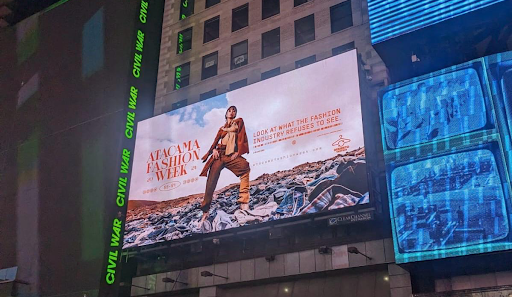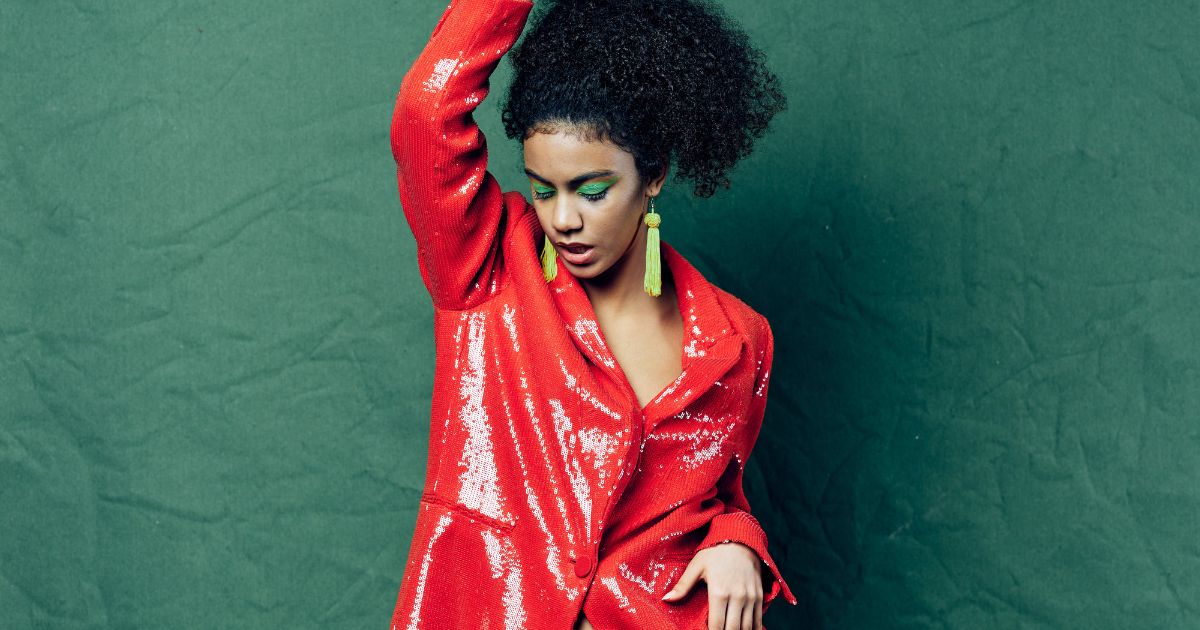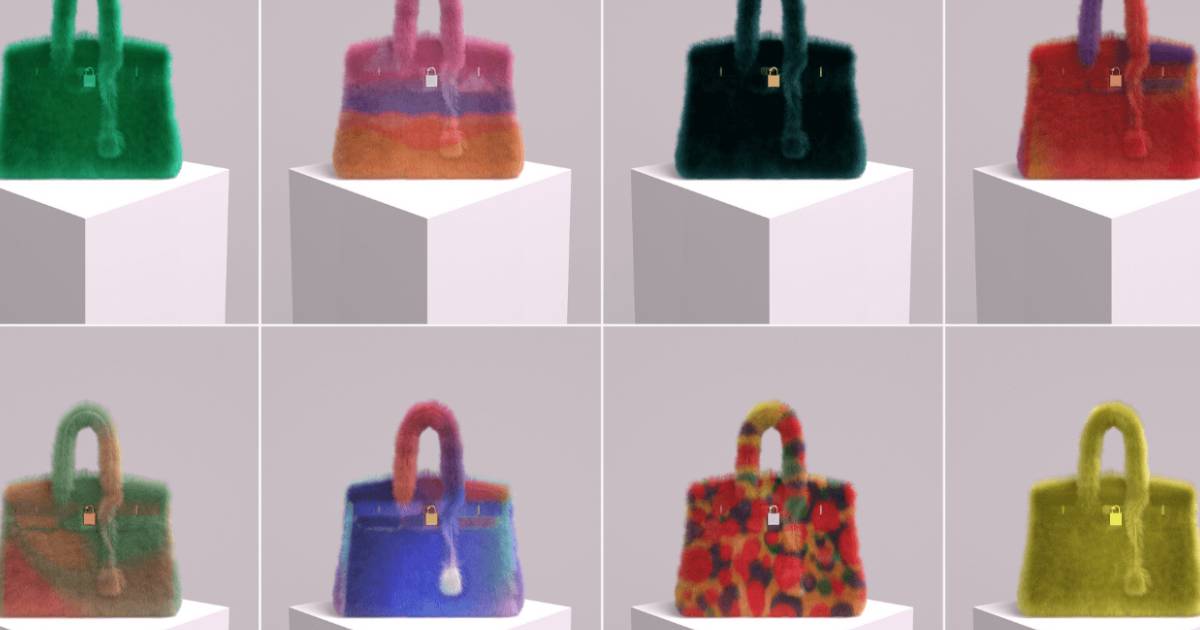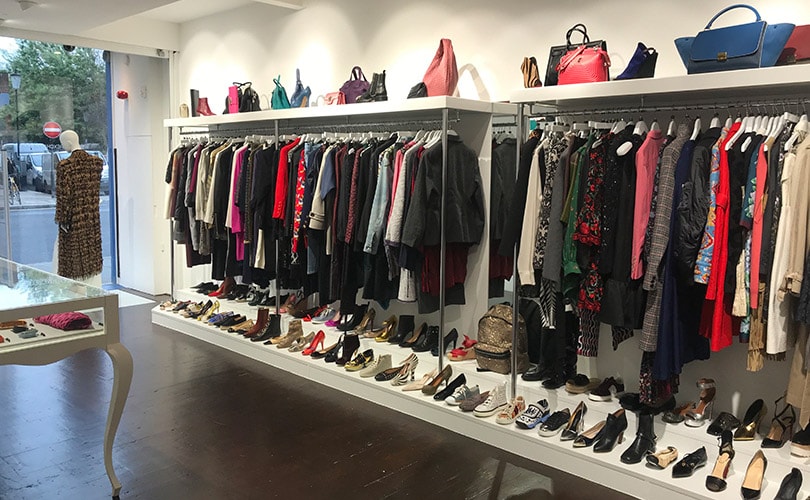Influencers are the modern-day movie stars. They are the slightly more relatable lot of minor celebrities that have made their space in the public domain. This is a new job that has come up in the recent days making influencers and their power over consumer behavior a force to reckon with. A study has revealed that 54% of people believe that influencers are partly responsible for the growth of fast fashion brands.
In a world ruled by the internet and one where accessibility is everything, a personality that seems closer to life through their social media presence rather than the movie stars and celebrities who are so close to being run over by the paparazzi. A factor of trust and believability in someone who probably struggles with the same issues as their audience gives them the power they hold. “With great power comes great responsibility” which even the influencers must be cognizant about.
- They need to be mindful of the effects of their content
Influencers as indicated by the statistics above affect consumer behavior a lot. Which gives them the space to both negatively and positively affect the industry. Much like any product-based business, companies working in fashion also rely highly on the sales curve, altering business model, supply chain and marketing based on sales analysis. Influencers today have the power to start and end multinational businesses that have been standing concrete for years now. Fashion industry produces more waste than any other industry, and if the channels between the manufacturers and consumers are not mindful of what they are promoting and how much they are promoting, they eventually start promoting consumerism and not the product. Influencers have facilitated the growth of fast fashion brands like Shien and Fashion Nova which are companies that not just generate immense amounts of waste but also are not the best at paying a fair wage to their workers and employees, leading to human rights violation and harm to the planet.
- Misleading your audience might not be advisable
There’s an ethical conundrum every influencer faces in their day-to-day decisions, is being true to themselves and their audience more important or financial prowess? Are values and ethics also for sale when you are a personal brand using face value to win over followers in exchange for money from big companies? Such a conundrum often leads these influencers in a position where they start misleading their audience and followers because that might just be the easier and more comfortable option. It is pertinent to mention here that advocating sustainability and ethical consumerism is in itself a privileged capitalist stand. Sustainable fashion influencer Aditi Mayer, focuses on small brands with high labour standards but will sometimes agree to partnerships with bigger brands under the Faustian bargain that the more financial freedom she has, the more she can work with emerging brands with smaller budgets.[1] Even though choosing financial freedom over sustainability is not a choice one does not understand but many influencers even choose to go along with the malpractice of greenwashing and false promotion of ethics by the brand which might not be an ethical practice. For example, Maisie Williams endorsing the new loop technology by H&M was a misleading technique. Not only is the technology slow and yields minor results, but is also very difficult to acquire. Even though it was a step in the right direction, for a company that is producing at such high rate, loop technology does not do the proportionate good to the harm brands like H&M are causing. Maisie Williams as a result not just claimed and promised something that seems unattainable in the near future but is too close to a lie.
- Due diligence is always a good idea
Influencers are many a times also misled by companies with respect to them fulfilling their corporate social responsibility. Ms. Meyer, as a practice to save her credibility from the lies of these brands and companies, uses meetings to ask questions about all that they truly do as part of the due diligence, even when such questions are not really met with kindness. This practice might be the best for every influencer to understand what they are endorsing and may be able to save their audience a lot of harm by just avoiding a few words and still managing to work for the brand. Corporate social responsibility is something that companies look at with contempt and as a “have-to- do”, if they could choose to avoid it, they would, but as individuals in the public domain it’s the responsibility of influencers as consumers themselves to perform due diligence towards the brand they are collaborating with in order to do right unto their audience.
Even though the industry with respect to influencers and their responsibilities is not a space governed by any laws or regulations, the past years have seen names like Madhuri Dixit, MS Dhoni, Amitabh Bacchan et cetra, who are walking icons and arguably have a fan following that is not only religious towards them but is also in a number of millions. A country which gathers in front of the houses of movie stars just to get a wave from the, in a country that is not short of building temples for them doesn’t choose to question the claims made by their idols or so called “gods”, but don’t the gods hold some responsibility towards to their followers or is it just about the cash? The court through these cases have tried to establish what they owe their audience
Brand ambassadorship curtails one of being critical of a product or brand that is paying them hefty amounts to merely hold the product in front of the camera. Such agreements attach an aspect of exclusivity and unconditional support from the celebrity towards the brand or product and an illusion that the stars use the product they are advertising. This allows for lack of certain amount authenticity from the celebrities and a bias based on nothing but the amount of money a company can pay these celebrities for endorsing their product line. This paradigm was recognized by the audience over the years and influencers seemed to solve the problem of lack of authenticity because they looked and felt like the same people as their audience. They were ready to put their personal and professional life forward in a raw form through their handles while the movie stars were mostly spotted hiding their true personality and only filtered and scripted content reached their fans.
Today, influencers play an extremely important role between the consumer and the brand. They have better access to the consumer and the consumer has better access to them, giving companies a bridge to reach the eyes, mind and ears of their true consumer quicker and better through their phone screens. Even the New Yorker in a parody article talked about how influencers have made everything an ad and the matter of authenticity and ethics is on the backburner.
REFERENCE LIST
Gibson, D. (2017, October 24). How to be an amazing influencer like me. The New Yorker. Retrieved December 15, 2022, from https://www.newyorker.com/humor/daily-shouts/how-to-be-an-amazing-influencer-like-me
M., S., & K., S. (n.d.). Impact of Influencers in Consumer Decision Process: the Fashion Industry. Retrieved December 12, 2022, from https://www.scms.edu.in/uploads/journal/articles/article_12.pdf
Marvel Worldwide, Inc. (1962). Amazing fantasy #15: Spider-man!
Morgan, E. (2022, September 7). How influencers accelerate the growth of fast fashion and greenwashing. Eco Stylist. Retrieved December 15, 2022, from https://www.eco-stylist.com/how-influencers-accelerate-the-growth-of-fast-fashion-and-greenwashing/
Skeldon, P. (2022, June 8). Social influencers have led to the rise in fast fashion, with 30% of shoppers using Instagram for inspiration. Internet Retailing. Retrieved December 15, 2022, from https://internetretailing.net/mobile/social-influencers-have-led-to-the-rise-in-fast-fashion-with-30-of-shoppers-using-instagram-for-inspiration-20388/
Slone, I. (2022, February 8). The moral quandary of ‘slow fashion’ influencers. The New York Times. Retrieved December 15, 2022, from https://www.nytimes.com/2022/02/08/style/fashion-influencers-sustainability.html


















